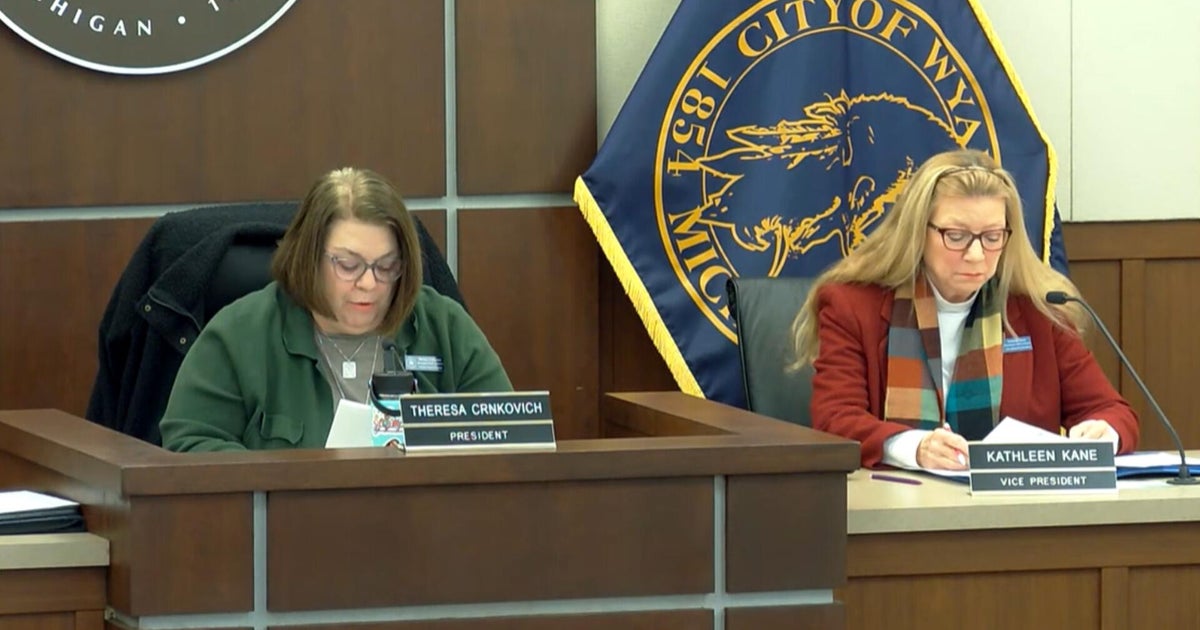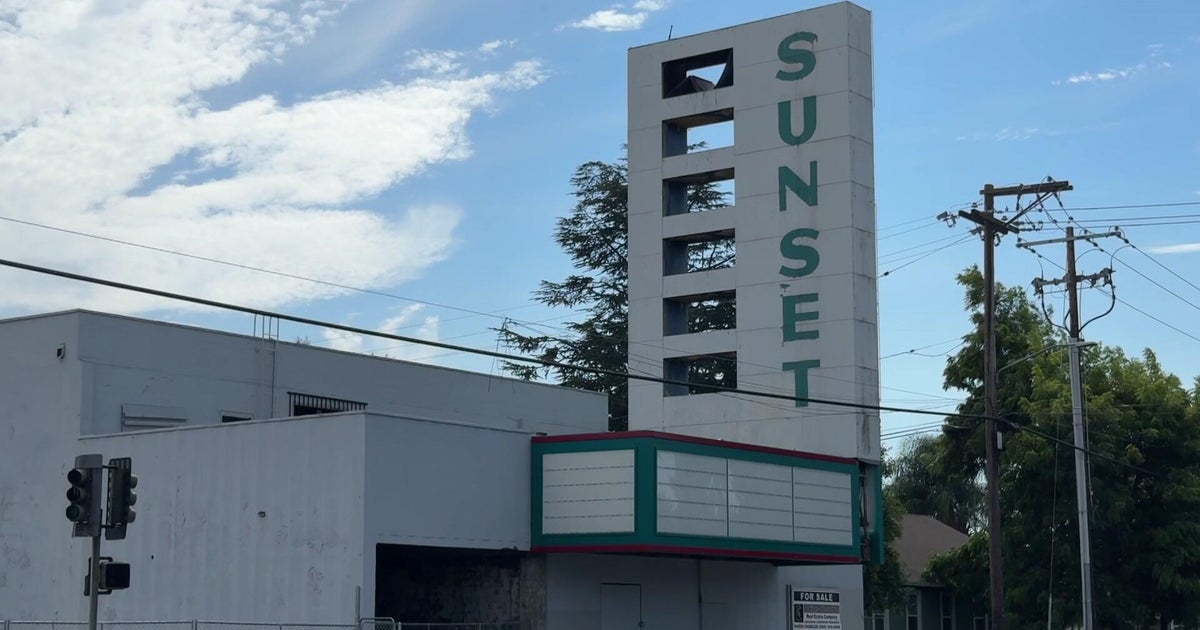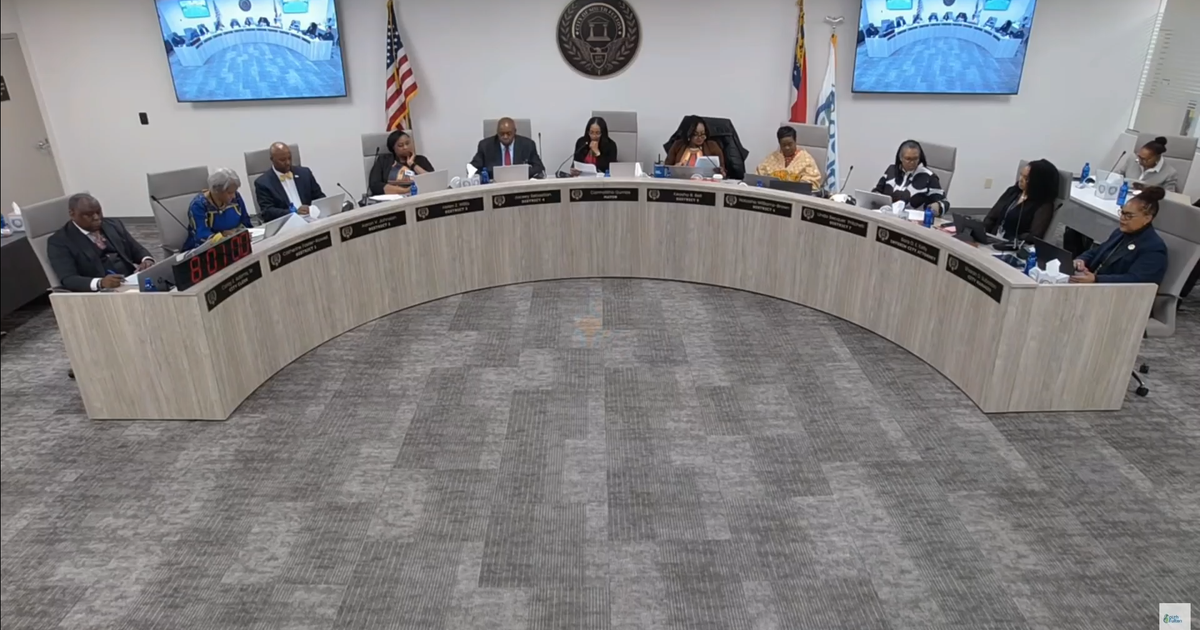Opinion: Unlike Obama, Romney Has A Plan To Save Social Security
The reason that so many Romney-supporters are looking forward to the presidential debates is because GOP presidential candidate Mitt Romney has many plans for “hot topic” issues that aren’t being headlined in the media. The debates will be an opportunity for Romney to state his plans for such issues and programs as the life-challenged Social Security program in the United States.
It’s encouraging to see that the presidential challenger is tremendously concerned about the Social Security issue now because the program’s demise is only 21 years away. Furthermore, each year that passes, the method of fixing the program’s financial concern – by running totally out of money – becomes increasingly more difficult to correct.
Hearing Romney’s logical plan of curing the Social Security program – with his proposed changes in the plan starting right away – will save the program. Continuing as it is, it will definitely be a non-functional program by the year 2033 due to lack of funds.
Mitt Romney has been talking about his plan on the campaign trail in the recent past. Though it is getting little to no coverage in the national press, it should be getting the positive “buzz” it deserves. His plan is going to be of extreme importance and tremendous benefit to the younger people who aren’t being fed the storied-plan.
Romney’s Social Security plan basically has two aspects that will affect Americans. The effects – if started now, as Romney plans – will scarcely be felt by Americans through the years because of the gradual process that the plan will take over a 20 year period. Again, each year that passes in the next 20 years before his plan begins makes his plan increasingly more difficult on everyone in terms of saving Social Security. Starting now, Romney wants to very gradually increase the retirement age which is needed to counter the fact that Americans’ life expectancy is increasing. This, of course, means that the number and percentage of Americans on Social Security is growing at incredible rates while the percentage of the working people in America is decreasing.
Additionally, compounding the problem, given this Obama economy the nation is experiencing in the decade of the 2010s, a huge percentage of working-age Americans aren’t putting into the system because they don’t have jobs in which the money is being taken out of their checks to support the system.
The other aspect of Romney’s Social Security plan is to retard the growth of benefits, especially for Americans who have higher incomes.
The fact is that the numbers of people who depend on Social Security checks to get through the month are increasing at incredible rates. While more than 56 million people now depend on their Social Security checks, the estimate is that that number will jump to 91 million needing the checks in 2035. The frightening data reveals that there were 4.9 workers for each person receiving Social Security 52 years ago in 1960. In 2012, there are only 2.8 workers for each person getting a check. By 2035, the estimate is that 1.9 workers will be putting into the system for each Social Security recipient to get a check. Obviously, with these figures, the program will die.
As for President Barack Obama’s stance on the Social Security crisis, he has not given a detailed plan to address this severe national concern. All he has done in the past four years as president is “call for” congressional bipartisan talks on the subject. When a bipartisan deficit reduction panel produced a plan, he didn’t act on it at all. The nation is no closer to correcting – or at least alleviating – a Social Security crisis than it was the day Obama walking into the Oval Office.
America needs Mitt Romney’s Social Security plan – and they need it now, while there is still hope for the program to be fixed.
About Scott Paulson
Scott Paulson writes political commentary for Examiner.com and teaches English at a community college in the Chicago area. The views and opinions expressed in this post are those of the author and do not necessarily reflect the official policy or position of CBS Local.







